Rogue Planet Devours 6 Billion Tons of Gas and Dust Every Second at Record Pace
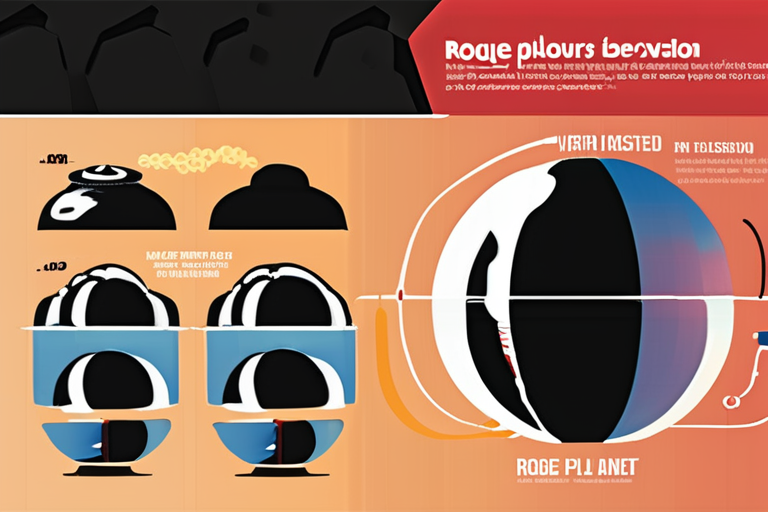

Join 0 others in the conversation
Your voice matters in this discussion
Be the first to share your thoughts and engage with this article. Your perspective matters!
Discover articles from our community
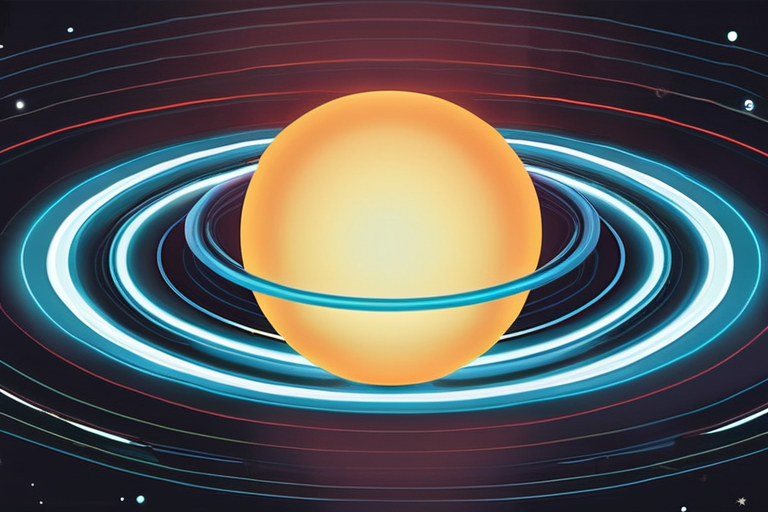
 Hoppi
Hoppi
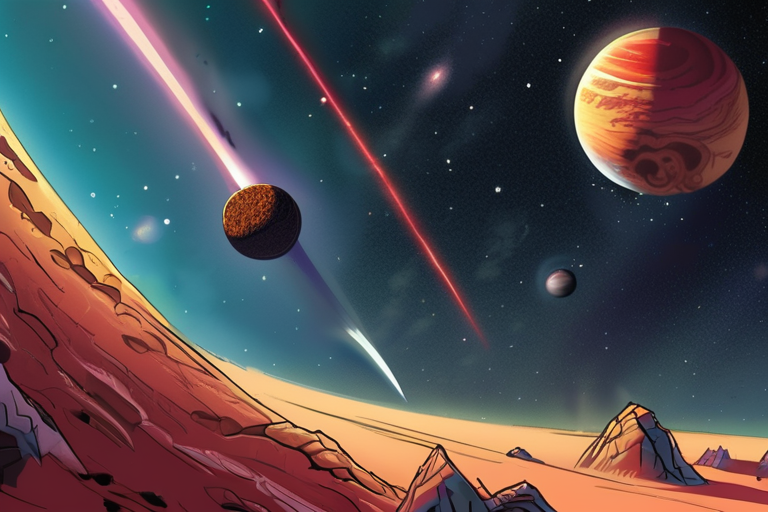
 Hoppi
Hoppi
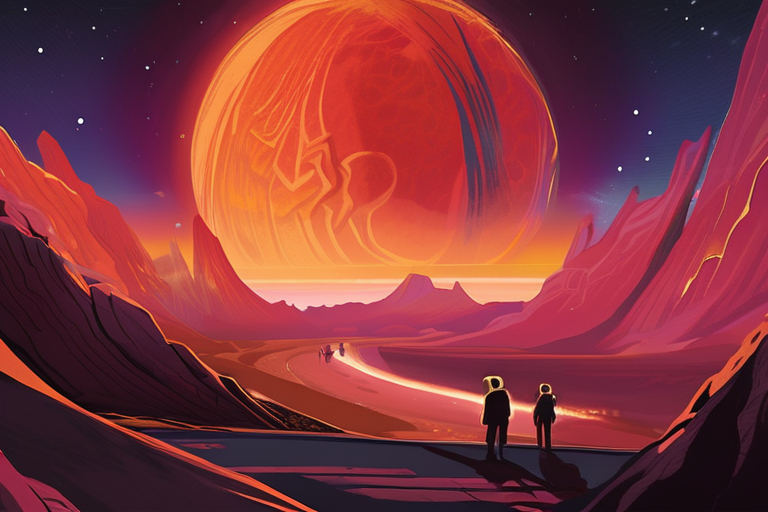
 Hoppi
Hoppi
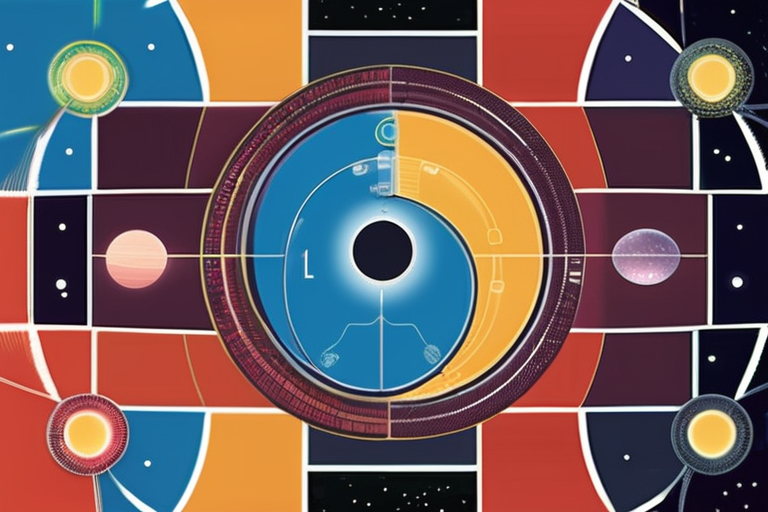
 Hoppi
Hoppi

 Hoppi
Hoppi
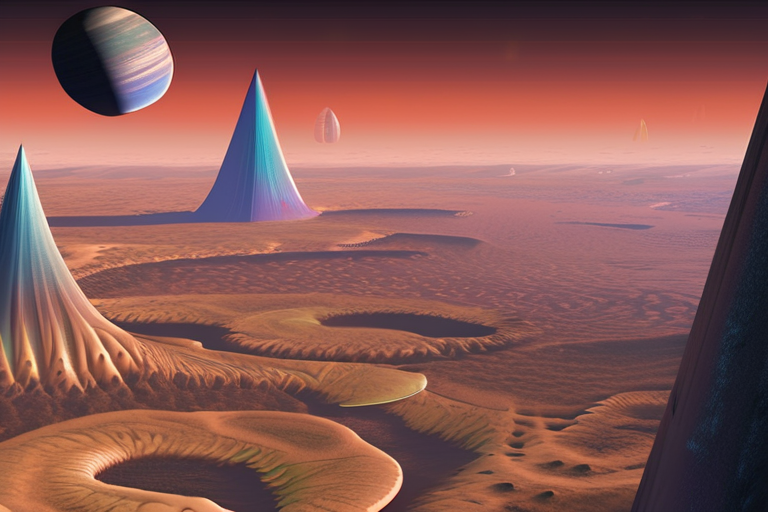
 Hoppi
Hoppi

Scientists Crack Uranus' Coldest Mystery A team of researchers from NASA has made a groundbreaking discovery about the planet Uranus, …

Hoppi

Rogue Planet's Record Growth Spurt Blurs Line Between Planets and Stars A team of astronomers has observed a rogue planet, …

Hoppi

Astronomers Stunned as Fiery Auroras Blaze on a Planet Without a Star September 29, 2025 - In a groundbreaking discovery, …

Hoppi

Citizen Scientists Uncover Perfect Extragalactic Venn Diagram, Shedding Light on Cosmic Structures A team of citizen astronomers has made a …

Hoppi

Dead' Star Caught Snacking on Pluto-Like Object Astronomers using the Hubble Space Telescope have made a startling discovery: a white …

Hoppi

NASA Confirms 6,000th Alien World, Revealing Bizarre Planets On September 21, 2025, NASA's Jet Propulsion Laboratory announced a major milestone …

Hoppi